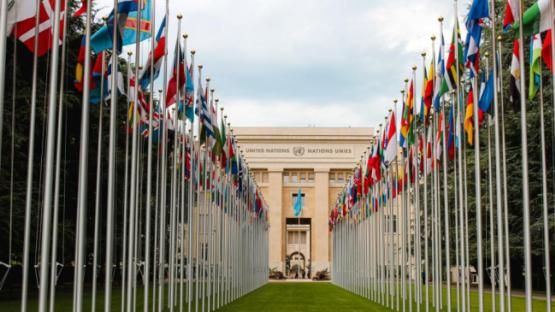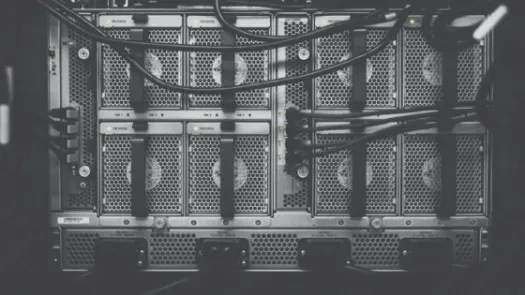
UN Human Rights Committee urges United Kingdom to respect the right to privacy
On 3rd May, 2024, the Human Rights Committee (HRC), the body of independent experts that monitors implementation of the International Covenant on Civil and Political Rights (ICCPR) issued its concluding observations on the eighth periodic report of the United Kingdom of Great Britain and Northern Ireland. Ahead of the HRC’s review of the UK, PI had made a submission highlighting key concerns in relation to the current UK communications’ surveillance regime and the proposal for its reform; the surveillance of migrants; and the surveillance of peaceful assemblies.
In its concluding observations on the UK, the HRC was deeply concerned “by reports revealing that anyone subject to immigration control can be subject to surveillance, including through GPS tracking”. The committee urged the government to “…increase the use of alternatives to detention, particularly for children, pregnant women and families with children, that are respectful of human rights, including the right to privacy, instead of surveillance-based technological alternatives”.
PI’s submission raised its concerns around the UK’s increasing powers of surveillance, including the disproportionate collection of bulk information, and the risks these carry for adverse impacts on human rights. The HRC echoed PI’s concerns regarding the UK’s Investigatory Powers Bill, stating that it is “concerned that the Investigatory Powers (Amendment) Bill fails to provide strict safeguards and oversight to ensure compliance with article 17 of the Covenant. In particular, the Committee is concerned that the Bill’s regulation of bulk information has the potential to lead to overly broad collection of personal data by the State party.”
Regarding the Data Protection Bill, the Committee expressed concern “about information received indicating that the Data Protection and Digital Information Bill would establish new powers forcing banks to monitor the bank accounts of benefits claimants.”
Recognising the concerns PI raised over the use of facial recognition technology (FRT), the HRC expressed concern “about the increased use by police forces of facial recognition technology to monitor peaceful gatherings.”

Privacy International had suggested the Human Rights Committee consider the following recommendations for the UK government:
- Review and reform the IPA 2016 to ensure its compliance with Article 17 of the ICCPR, including by removing the powers of bulk surveillance;
- Abandon efforts to undermine the limited safeguards of the IPA 2016 through the proposed Investigatory Powers Amendment Bill;
- Refrain from taking any measures that undermine or limit the availability of encrypted communications or other important security measures and updates;
- Cease the imposition of GPS tagging on migrants and adopt alternatives to detention that are respectful of human rights, including the right to privacy, instead of surveillance-based technological alternatives;
- Halt and ban the use of live facial recognition technology and ensure that any power to undertake targeted surveillance during protest is transparently regulated and adheres to requirements under international human rights law.



